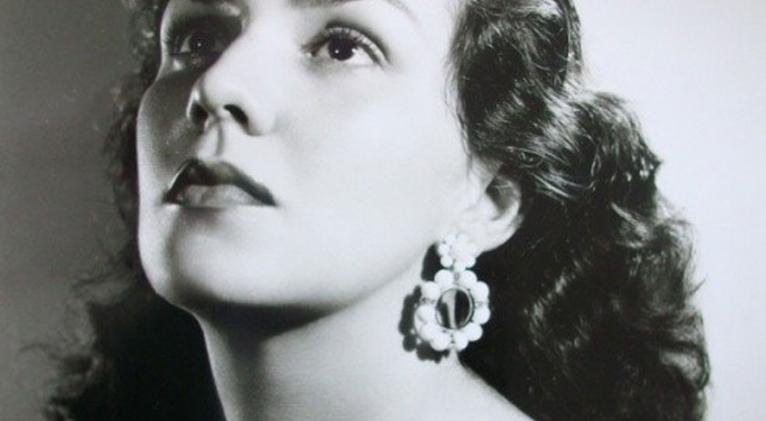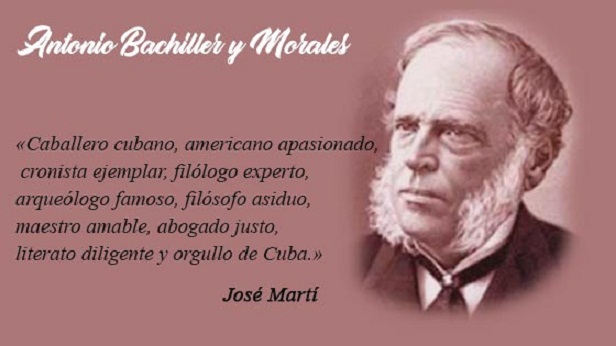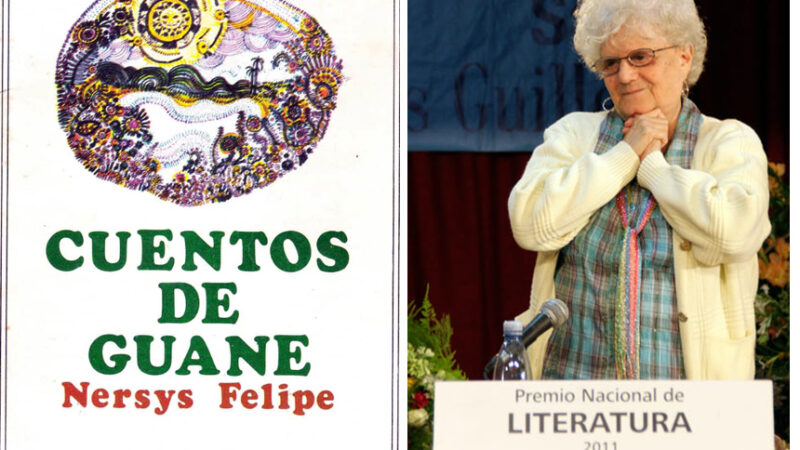Raquel Revuelta. The tenacity of commitment

«(…) the role of the actor does not end when the curtain falls, because in life he is obliged to be a researcher and transmitter of beauty», said the actor and director Konstantin Stanislavski.
His famous system of stage design inspired a large number of actors who, both on stage and in film, gave great examples of how high one can go with this model.
Raquel Revuelta was such an example. Born into a humble family dedicated to the arts, she began her career at the age of eleven at the Escala de la Fama and the Supreme Court of Art.
The study and transmission of beauty, beyond her physical presence and acting skills, made her a champion in whom several characters were immortalised. Among them, Lucía and Doña Bárbara set precedents, to which were added other performances in Lady Macbeth, Lady of the Camellias, Ariadne of the Lake, Mother Courage and Saint Joan of America, among others.
In the words of the journalist Jorge Rivas: «The exalted lady of the Cuban theatre transcended herself as a brilliant character actress. She took on her characters in such a way that, more than playing them, she lived them in her own flesh, loved them and suffered with them.»
In 1958, together with a group of actors, she founded the Teatro Estudio, which would become one of the most important and decisive links in the development and modernisation of Cuban theatre. Raquel directed it until her death, constantly seeking to renew its forms.
There, she applied her performance of Stanislavski’s method and laid the foundations for an ability that extended to teaching, as she served as Dean of the Higher Institute of Arts (ISA), receiving the distinction of Doctor Honoris Causa in Arts from that institution and taking over the Faculty of Performing Arts at that centre.
She was also president of the National Council of the Performing Arts (CNAE) and of the national branch of the Latin American Centre for Theatre Creation and Research (Celcit-Cuba).
Raquel was a master of her craft, from her expertise in declaiming to her attention and care for acting in theatre, radio, film and television. She was never unaware of the difficulties of her time. She was a member of the Nuestro Tiempo Cultural Society and shared the ideas of the progressive intelligentsia of the time.
Before 1 January 1959, her fame and recognition helped her to collaborate with insurgent groups. She supported the 26th of July Movement and once intervened to get her brother Vicente out of prison.
Esther Suárez Durán, renowned theatrologist, essayist, researcher and playwright, described Revuelta’s work before the creation of the National Council for the Performing Arts (CNAE), and the adjustments, contradictions and changes that occurred as a result, especially when she took on the position of director as an artist, which was unusual at the time.
She had already experienced various vicissitudes in her life, but she also helped several colleagues during the grey five years and took on the reorganisation of the Teatro Estudio without losing its essence.
As Suárez Durán says: «After a period of adaptation and reconciliation with the demands of the new circumstances, a different theatrical map began to emerge. Some of the old groups disappeared, others gradually died out, others remained somewhat renewed, and some new and flourishing ones emerged, some of which have survived to the present day.»
On her death, the researcher says: «Perhaps because she had to frequent the bourgeois milieu of the fifties, perhaps out of loyalty to her very humble origins, Raquel was alien to all frivolity, even to the point of caring for her health and well-being, to which she added exhausting working days in which there was hardly any private life.»
The actress’ firmness and devotion complement the opinions of those who knew her better. «She is the only face of the eternal enigma (…) for me she is a suggestive personality (…) to work with her is an act of torture and adoration at the same time,» said director Humberto Solás.
Whoever was born on a day like today, 98 years ago, was not born in doubt, but with certainty, strength and vitality. Cases like hers are not frequent, but they persist… and they inspire.
Translated by Luis E. Amador Dominguez



